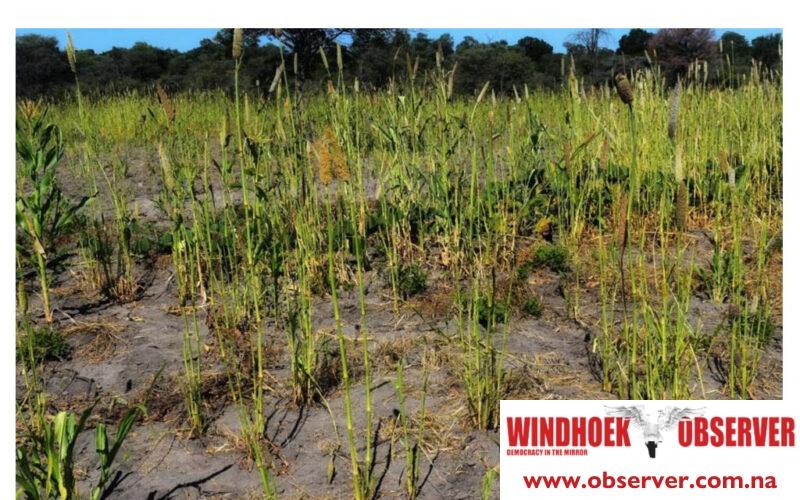Niël Terblanché
The Ministry of Agriculture, Fisheries, Water, and Land Reform (MAFWLR) has reported a locust outbreak in the Zambezi region, with swarms currently in the hopper and fledgling stages.
The ministry’s executive director, Ndiyakupi Nghituwamata, said in a statement that the outbreak began in early February 2025, following substantial rainfall in the area.
She indicated that affected locations include Ibbu near the Chobe River, Sachona, Lubuta, Singalamwe, Omega, Chinchimane, Kanono, Batabaja, Muyako, Ngala, Mahundu, and Seke.
“The presence of green vegetation over large areas in the north-eastern, north-central regions, and to some extent in neighbouring Zambia, Botswana, and Angola, continues to create favourable conditions for a second-generation wave of locusts,” she explained.
She warned that as vegetation recedes, the locusts are likely to form groups and small swarms that could potentially move northward.
In response, the Ministry has deployed a team of ten staff members from the Zambezi region to manage and mitigate the spread, utilising mounted vehicle sprayers and mist blowers.
Nghituwamata urged farmers to report any sightings of locust bands or swarms to the nearest Agricultural Development Centre for immediate attention.
She added that the ministry will continue to monitor the outbreak and will provide updates as the situation evolves.
The executive director encouraged farmers to be vigilant and to report any new locust activity promptly.
The deputy agriculture minister, Ruth Masake, recently concluded a two-day visit to the Zambezi region to assess the situation.
She toured several affected areas, including Old Masokotwani and villages in the Linyanti constituency, and met with local leaders who also raised concerns about the need for the rehabilitation of boreholes.
Masake also visited the dilapidated Linyanti Agricultural Development Centre, directing regional staff to initiate its rehabilitation.
During the visit, she stressed the importance of unity and collaboration within the ministry and called for the immediate filling of vacant agricultural technician positions to ensure effective service delivery.




